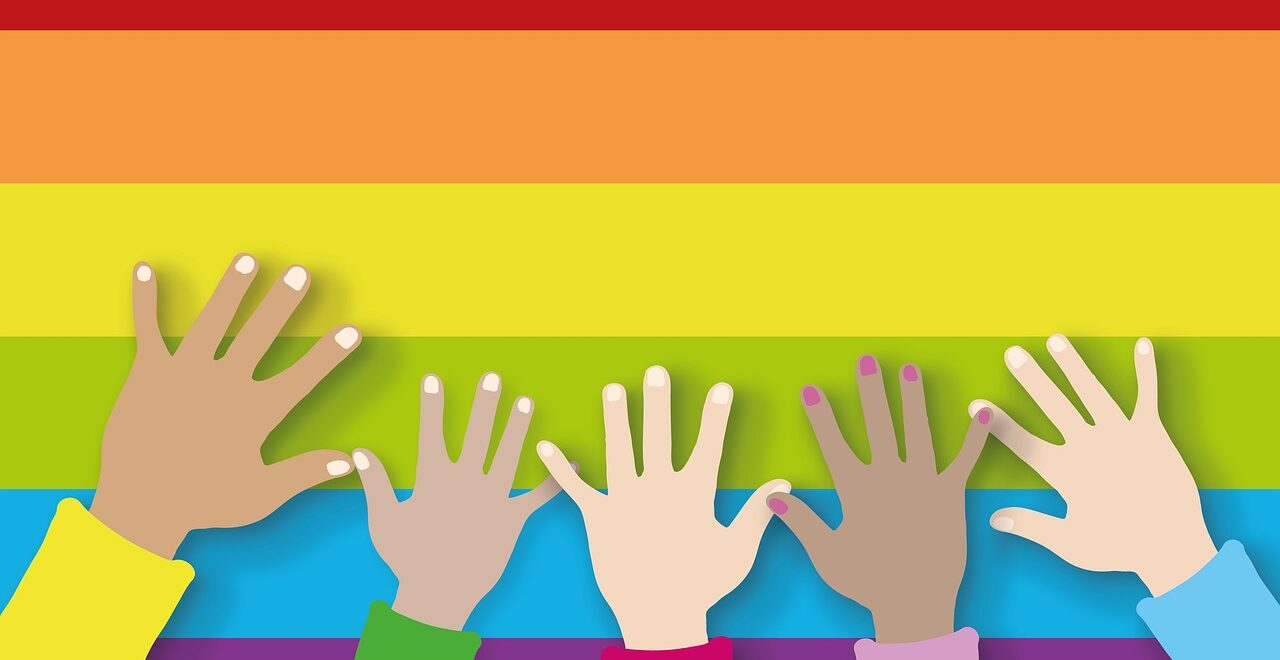Lesbian, gay, bisexual, transgender, and queer Pride Month is celebrated in June of each year to honor the 1969 Stonewall Riots.
Pride Month works to achieve equal justice and opportunity for the LGBTQ community.
The Matthew Shepherd and James Byrd, Jr Hate Crimes Prevention Act of 2008 is the first statute that allows federal prosecution of hate crimes motivated by sexual preference or skin color.
Today, LGBTQ people are overrepresented in the criminal justice system because they experience high rates of homelessness, poverty, unemployment, discrimination, and violence.
20% of all youth in juvenile detention identify as LGBTQ.
LGBTQ youth gravitate to a life of crime due to being kicked out of their homes due to lack of acceptance which leads to homelessness.
Lack of acceptance leads to drug sales, theft, or survival sex which eventually leads to incarceration.
Studies show that trans people do not feel safe seeking help from law enforcement.
Black trans women have always been over criminalized and over-incarcerated.
About 1 out 6 trans people are incarcerated, and nearly half of this number are Black transgender people.
Due to being perceived as flight risks or dangers to the community, many LGBTQ people experience unwarranted pre-trial detention.
In prisons and jails, these individuals also face physical, sexual, and verbal harassment as well as abuse.
Gender affirming housing is practically non-existent and hygiene products are scarce as well as medical and mental health treatment.
In some states, LGBTQ individuals receive higher bail than orders and are more likely to be convicted of violent crimes.
Limiting time in solitary confinement to less than 15 days has been recommended as a deterrent to suicide attempts involving the LGBTQ community.
With trans individuals, most times they are placed in units with the genders they were born as no matter what they identify as, which leads to safety issues and violence.
There is also a lack of re-entry programs available when these individuals finish their sentences as most of them have been disowned by their families.
To reduce open discrimination against LGBTQ individuals, judges and law enforcement members must take training so they can become more familiar and accepting.
Mental health counseling as well as access to gender affirming clothing, hygiene products, and hormones must become more readily available to alleviate the growing number of LGBTQ individuals in the justice system.
Punishment for crimes against LGBTQ members must also be stricter because oftentimes these crimes are ignored or pushed under the rug.
Many states also criminalize HIV, and these laws are discriminatory especially to the LBTGQ community.
A person’s sexual preference or gender is not a reason for them to be mistreated or abused and until people accept these differences, this world will not change.
Due to discrimination, LGBTQ individuals also face challenges re-entering society.
Along with their gender identity and criminal record, life is even harder for the LGBTQ.
In conclusion, our criminal justice system must uphold the standards required while still treating each individual with respect no matter their preferred gender or sexual orientation.

